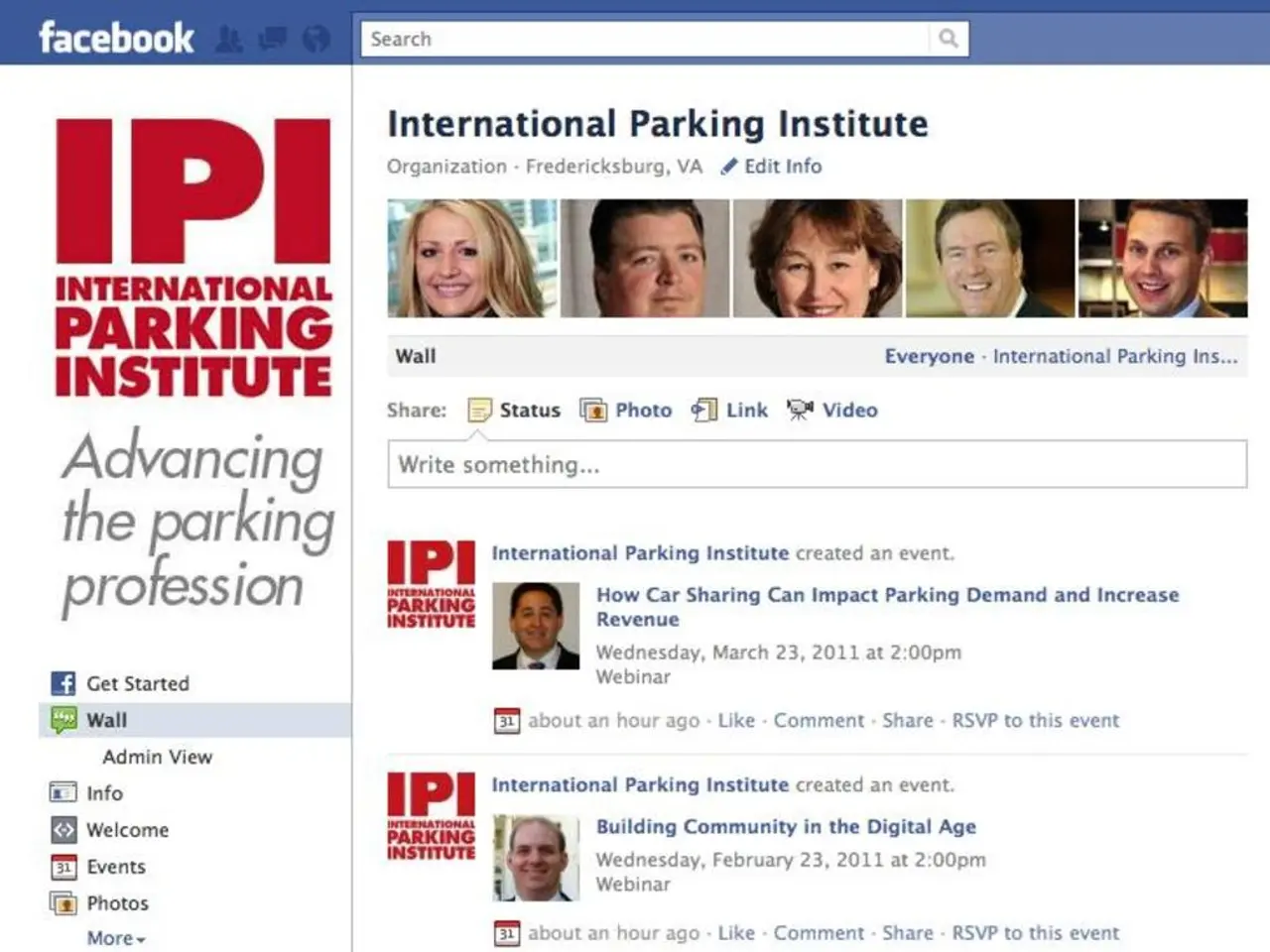Worldwide Epidemic: Fatal Exhaustion Common, Particularly in Advertising Sector
In the fast-paced world of advertising, the influence of hustle culture and social comparison is becoming increasingly apparent. Young professionals in this industry are finding themselves caught up in a whirlwind of demanding working conditions, driven by the glorification of the grind and the pressure to outdo one another on social media.
This culture is taking a toll on the mental and physical health of these young workers. Burnout, a condition recognised by the World Health Organization as an occupational phenomenon, is becoming common due to chronic stress and exhaustion caused by excessive work hours and constant productivity. The pressure to keep up often leads to rising rates of anxiety, depression, and feelings of inadequacy.
Moreover, hustle culture can lead to a loss of authenticity, as individuals may feel disillusioned and disconnected from their true selves due to the constant need to present a polished, successful image on platforms like LinkedIn. In some cases, this pressure intersects with toxic workplace cultures, leading to harassment, gaslighting, emotional breakdowns, and professional setbacks.
The physical health of young workers is also suffering. Persistent stress from hustle culture can lead to chronic stress-related illnesses and physical health deterioration due to lack of rest and self-care. Poor sleep quality and overall well-being are also affected, exacerbating existing physical health problems.
Perhaps most concerning is the erosion of work-life balance. Young workers find themselves skipping meals, working late into the night, and tying their self-worth solely to productivity. This not only harms personal relationships but also diminishes joy and fulfillment outside of work.
In conclusion, the pervasive myth that relentless work equates to success obscures the negative outcomes of hustle culture in the advertising industry. It is crucial for both individuals and organisations to recognise these issues and strive for a healthier, more balanced approach to work and life.
[1] American Psychological Association. (2019). Stress in America: The impact of technology. Retrieved from https://www.apa.org/news/press/releases/stress/2019/technology
[2] Twenge, J. M. (2017). iGen: Why today’s super-connected kids are growing up less rebellious, more tolerant, less happy—and completely unprepared for adulthood—and what that means for the rest of us. Atria Books.
[3] Kantor, J., & Twohey, M. (2019). She Said: Breaking the sexual harassment story that helped ignite a movement. Penguin Press.
[4] American Institute of Stress. (n.d.). Workplace stress. Retrieved from https://www.stress.org/workplace-stress/
[5] Mental Health America. (2020). The state of mental health in America 2020. Retrieved from https://www.mhanational.org/issues/state-mental-health-america-2020
- In the advertising industry, the culture of relentless work and social comparison is causing a deterioration in health and wellness, including mental health, due to burnout, anxiety, depression, and physical health issues like chronic stress-related illnesses.
- To promote workplace wellness, it's essential for both professionals and organizations in the advertising industry to prioritize mental health, recognize toxic workplace cultures, and strive for a healthier, balanced approach to work and life, integrating self-care,7 hours of sleep, and a work-life balance to counteract the negative impacts of hustle culture.




